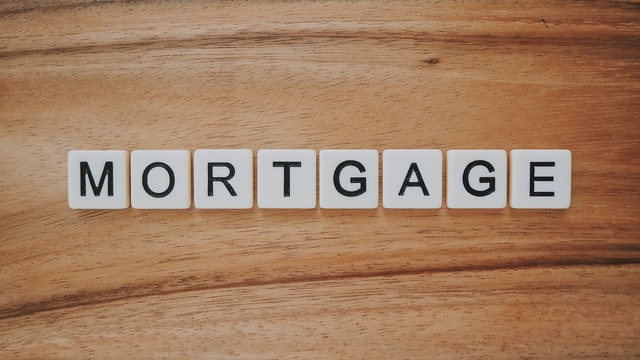
You’ve wished for a mortgage, but you haven’t been brave enough to apply for one. You’ve worked hard to get to this point though, where you feel like the right time is approaching. The only thing standing in your way is your finances, but the following should help prepare you.
Slow Down Borrowing
One important thing to do before getting a mortgage is slow down on borrowing. Keep in mind that you’re going to borrow a lot of cash, probably more than you have done before. It isn’t the best time to take on other loan debts. If you can’t stop borrowing completely, be sure to at least decrease it.
Evaluate potential purchases and remove anything from your list that isn’t absolutely necessary. Think life or death, Your list should only consist of things you couldn’t live without. As a good rule of thumb, don’t apply for credit anywhere between six to 12 months before applying for this mortgage. Be willing to put it off if you don’t meet that suggestion right now. Mortgage companies see multiple applications for credit as a red flag. They’ll think you’re desperate for money, and that makes you seem risky.
Deal With Debt
The next thing you want to do is work on your debt. The last thing you need right now is to worry about an endless parade of bills throughout the month. Work on reducing debt as much as you can. While it might be impossible to eliminate all debt before applying for your mortgage, you can eliminate a few things. Doing so before entering this process can make life much easier for you.
Keep in mind that applying for and getting your mortgage is a complicated thing. You’re going to face delays. For example, do you know how long to close after conditional approval? It’s about two weeks, and that’s just one delay. There are a bunch of fees you’ll have to deal with. Clearing up your debt helps loosen up your cash and makes it easier to deal with delays or any other unforeseeable thing.
Choose the Mortgage
You must remember that all mortgages are not the same. You have a choice and have to make that choice work for you. You want to look at the mortgage you’re applying for. Read everything, and if there’s something you don’t understand, ask for clarification no matter how small you think that detail may be.
Doing things this way will slow you down, but in the long run, it might make all the difference in the world. For example, maybe you need a fixed rate so that you know what to expect every month. Sure, a fixed-rate mortgage has a high starting rate, but at least it offers the stability you can count on. Maybe your financial situation is one where you can only choose the adjustable rate because the interest rate is low initially, but keep in mind that it could spike at any time.
Check the Score
Many folks don’t pay attention to their score, and the folks who do look at the main score without diving into the credit score report. Before you get started with this process, you’ll want to take a moment to explore your credit report yourself. If you want some assistance or some guidance, talk to a financial advisor so that they can help you evaluate your score.
You want to look for clues that could help you improve your score before trying to get your mortgage. Maybe your credit card utilization is a little too high. Maybe your credit card limits are a little too low, and you can increase one or two of them. That’s not all though. There could be errors on your report that could bring your score down. Take control of your score, and learn as much as you can about it before you apply for your mortgage.
Continue to talk to your financial advisor if you’ve got one and get one if you don’t. Get this person to help you be as financially prepared for this mortgage as you can be; it’s okay to slow down if you need some time to make the necessary adjustments to your financial situation before getting your home.


